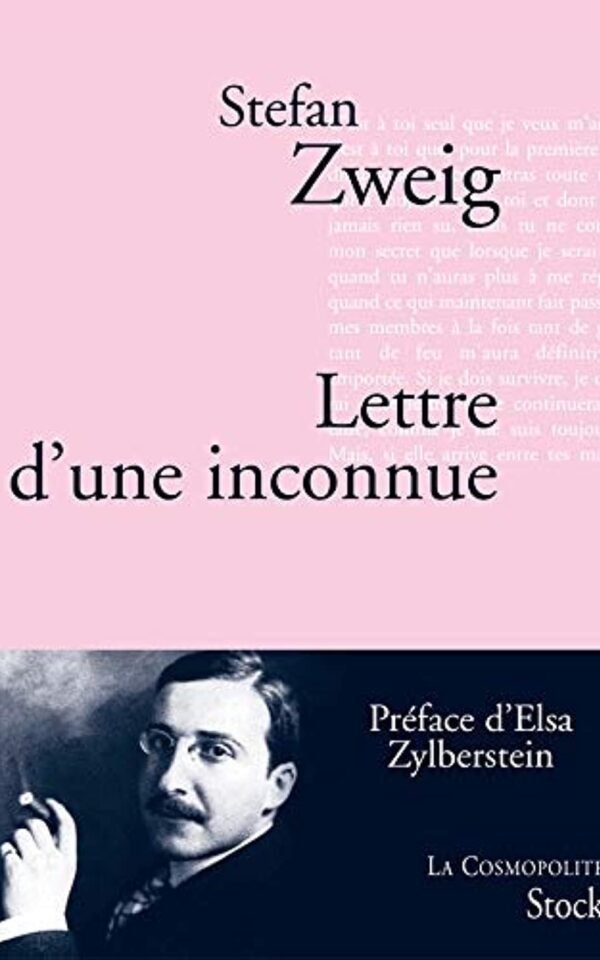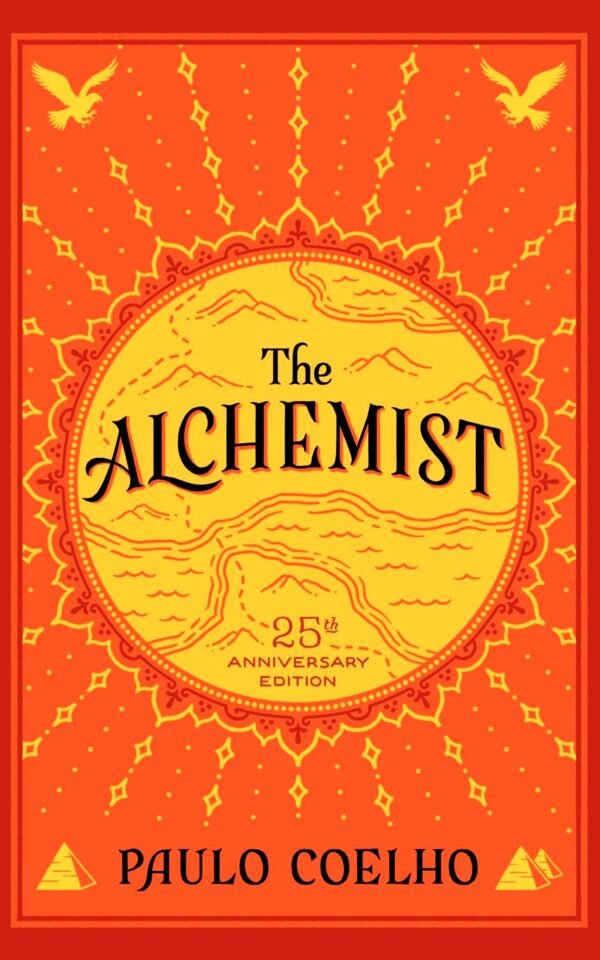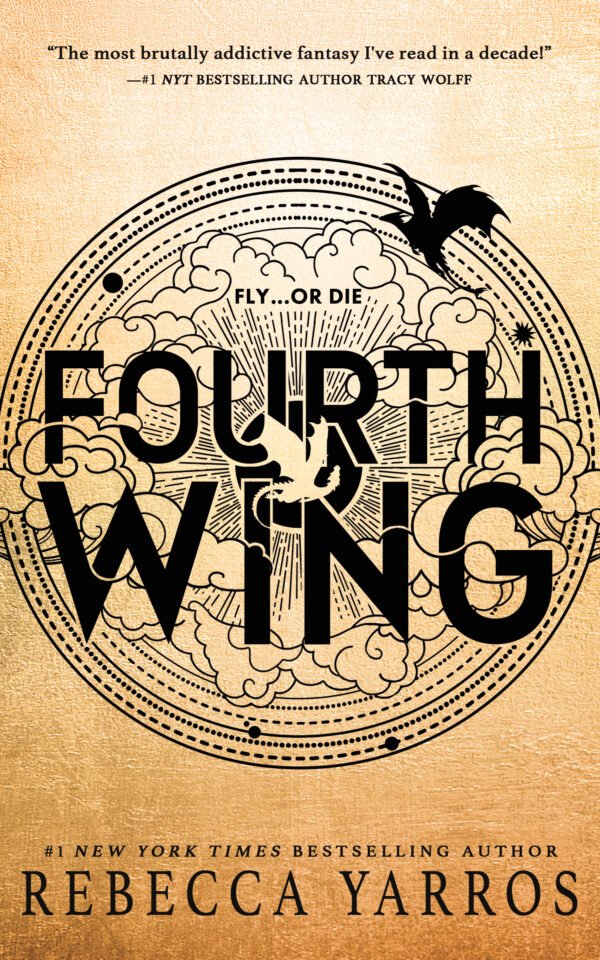Nausea by Jean-Paul Sartre
99,00 د.م.
A philosopher’s descent into existential crisis, Nausea dissects the fragility of human purpose through stark prose and haunting introspection. Roquentin’s journey confronts the raw absurdity of life, love, and art. Sartre’s classic asks: Can we find meaning in a universe that offers none? A cornerstone of existentialist thought.
🕵️♂️📖🌌
Description
Nausea follows Antoine Roquentin, a historian living in the fictional French town of Bouville, as he grapples with a sudden, overwhelming sense of existential dread. His meticulously ordered life unravels when he begins experiencing “nausea” — a visceral reaction to the absurdity of existence. Sartre uses Roquentin’s journal entries to explore themes of alienation, freedom, and the meaninglessness of human constructs. The novel’s stream-of-consciousness style mirrors the protagonist’s spiraling thoughts, making readers question their own perceptions of reality. Roquentin’s encounters with mundane objects, like a pebble or a bartender’s purple suspenders, become profound confrontations with the “stuffness” of the world. The story climaxes as he contemplates writing a novel to reclaim agency, only to realize that creation itself is an act of defiance against existential void.




























Reviews
There are no reviews yet.